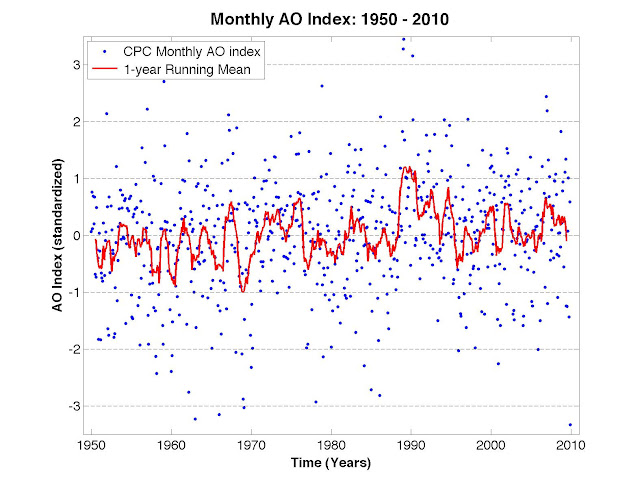OF THE
TIMES

Cosmic rays and chlorofluorocarbons (CFCs), both already implicated in depleting the Earth's ozone layer, are also responsible for changes in the global climate, a University of Waterloo scientist reports in a new peer-reviewed paper.
In his paper, Qing-Bin Lu, a professor of physics and astronomy, shows how CFCs - compounds once widely used as refrigerants - and cosmic rays - energy particles originating in outer space - are mostly to blame for climate change, rather than carbon dioxide (CO2) emissions. His paper, derived from observations of satellite, ground-based and balloon measurements as well as an innovative use of an established mechanism, was published online in the prestigious journal Physics Reports.
"My findings do not agree with the climate models that conventionally thought that greenhouse gases, mainly CO2, are the major culprits for the global warming seen in the late 20th century," Lu said. "Instead, the observed data show that CFCs conspiring with cosmic rays most likely caused both the Antarctic ozone hole and global warming...."
In his research, Lu discovers that while there was global warming from 1950 to 2000, there has been global cooling since 2002. The cooling trend will continue for the next 50 years, according to his new research observations.